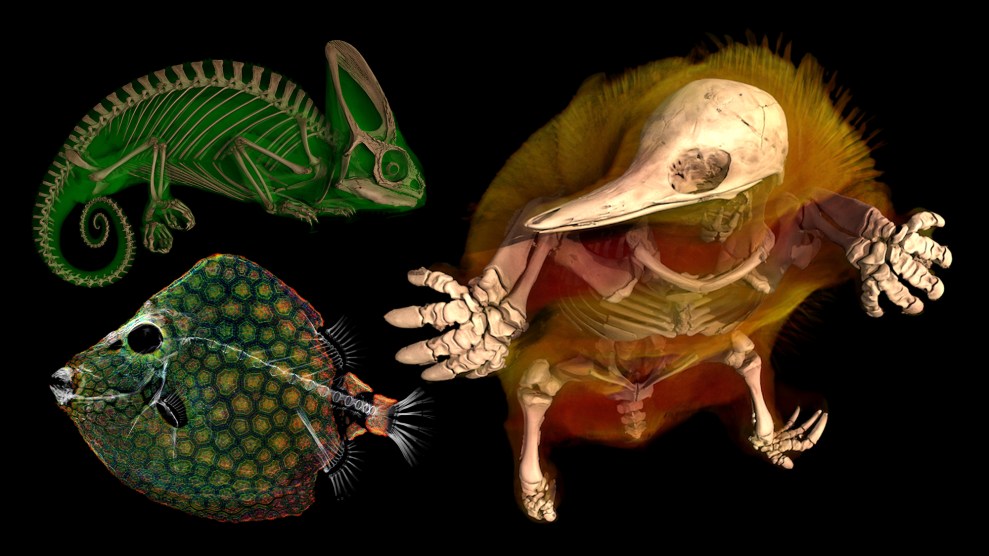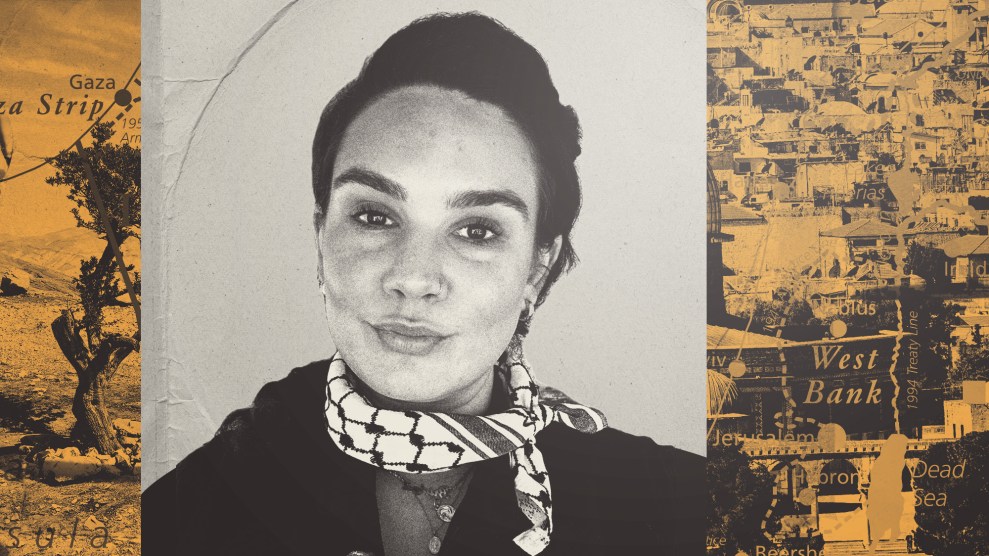If you think those pesky debt collectors are bad here in the states, be thankful that you’re not living in India. Collectors there have been accused of threatening everything from beatings to forcible removal of internal organs to death in attempts to get debtors to cough up money, according to THE WALL STREET JOURNAL (in an article reprinted on MSNBC). And just who are these sketchy characters allegedly working for, anyway? Big banks like Standard Chartered and Citibank.
Citibank has issued roughly a third of the 3 million credit cards in use in India. On several different occasions over the past few years they have been accused of using collection agencies that strong-arm their customers into settling credit card balances. In one instance, a Bombay woman said that “a collector working for Citibank called her, implied she was a prostitute, and told her she had ‘better pay up or else.'”
Citibank acknowledges complaints regarding a “tiny fraction” of their debts that were referred to collection agencies, but maintains that those cases are not indicative of a greater problem. According to Bombay’s anti-extortion squad, however, “it is a fact that there are a lot of complaints against Citibank, but unfortunately, no one is approaching the police.”
http://www.msnbc.com/news/273015.asp#BODY
— jr
![]()
_
Shell sued for rights violations in Nigeria
May 27, 1999
The ENVIRONMENTAL NEWS SERVICE reports that the family of Nigerian author and activist Ken Saro-Wiwa, who was executed by the Nigerian government in 1995, is suing Shell Oil in U.S. court for millions of dollars in damages. The family believes the company and the Nigerian regime share accountability for the violation of Saro-Wiwa’s human rights.
A member of the Ogoni tribe, whose homeland is occupied by more than 100 Shell-owned oil wells, Saro-Wiwa lead the fight against the environmental destruction wrought on his people’s land by oil extraction. On January 4, 1993, 300,000 Ogoni staged a peaceful mass protest against Shell. This lead to a brutal government crackdown and the arrest of Ogoni leaders. Arrested May 22, 1994 and charged with the murder of four Ogoni leaders, Saro-Wiwa was tried and sentenced to death. He was executed on November 10, 1995.
According to the ENS, he did not receive a fair trial. Among the trial’s irregularities: the prosecution presented no evidence against him.
http://ens.lycos.com/ens/may99/1999L-05-26-04.html
— JB
![]()
_
A good reason to hate Teletubbies
May 26, 1999
IDEA CENTRAL, the cooperative online publishing effort of the Electronic Policy Network and The American Prospect magazine, features this article by two Harvard psychiatry professors explaining how the Teletubbies represent the bottoming out of public television. While the Teletubbies’ creators say that their show helps children become comfortable with technology and models appropriate social interaction for them, there is no evidence that it provides any educational value. In fact, say the authors, the Teletubbies actually target an audience — children 3 and younger — which the American Academy of Pediatrics strongly advises not watch television at all. The authors say PBS is willing to overlook such drawbacks as long as Teletubbies continues to bring high ratings and high merchandising potential, because public financial support for its programming continues to dry up.
http://epn.org/idea/syndic990514.html
—BSB
![]()
May 25, 1999
An article in the latest issue of the lefty economics mag DOLLARS AND SENSE addresses the ways international corporations influence human rights practices in the countries where they have operations. “Corporation Crackdowns: Business backs brutality,” written by a researcher for Human Rights Watch, details how oil companies from Exxon to BP have teamed up with some of the most repressive regimes in the world in pusuit of big bucks.
According to the article, the industry-favored theory of “constructive engagement” — whereby human rights practices actually improve with the presence of a large multinational — is a myth. “Engagement” has actually had the opposite effect. One example: In Burma, Unocal’s Yadana gas project is supposedly “bringing sustainable, long-term economic and social benefits to the … villagers … and lasting benfits to the people of Myanmar [Burma].” Actually, “[t]he IMF reports that Burma’s economy is collapsing … and there is no short-term prospect for reforms, despite foreign investment.”
http://www.dollarsandsense.org/223ganesan.html
—jr
![]()
_
B&W considered tobacco lollipops
May 24, 1999
In Australia, Nabisco makes its popular LifeSavers candy in a special regional flavor: musk. Yes, really — like the popular deodorant scent. Which just goes to show you, people will put anything in their mouths.
Maybe it was in that spirit that executives of the Brown & Williamson Tobacco Corp., seeking a “more socially acceptable” alternative to cigarettes, floated the scrumptious and wholesome idea of tobacco-based cotton candy and lollipops. The ST. PAUL PIONEER PRESS discovered these and other never-used product ideas in a memo recently made public under the 1998 settlement of Minnesota’s law suit against the tobacco industry. The memo detailed a brainstorming session at the company in 1992.
Other proposed tobacco-based products outlined in the memo include cookies, fruit rollups, tea, lotion, perfume, and aftershave. The brainstorming session was apparently in response to growing consumer awareness of the link between tobacco smoke and cancer. The industry was seeking new, safer nicotine delivery methods, presumably to hook us without killing us as quickly.
—BSB















